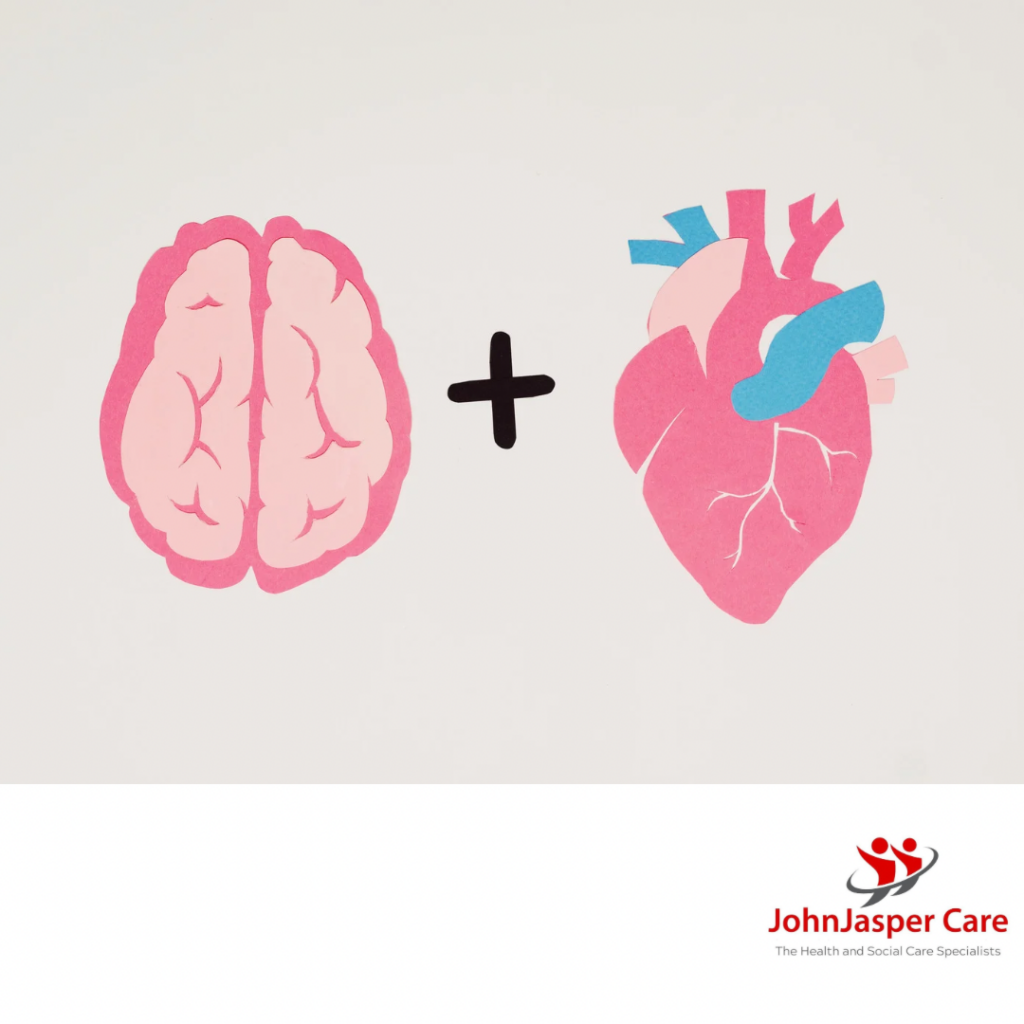
In today’s fast-paced world, we often think of the mind and body as separate entities—our thoughts on one side, our physical health on the other. But science and lived experience are increasingly telling us otherwise: the line between mental and physical health is not only blurry, it may not exist in the way we once thought. Nowhere is this more evident than in psychosomatic illness and Functional Neurological Disorder (FND).
What Is a Psychosomatic Illness?
The term psychosomatic comes from the Greek words for mind (psyche) and body (soma). Psychosomatic illnesses are physical symptoms that are influenced, triggered, or worsened by mental factors such as stress, trauma, anxiety, or depression. Importantly, these symptoms are real. They are not “all in your head”—a damaging misconception that has historically led to misunderstanding and stigma.
A person with a psychosomatic condition might experience chronic pain, fatigue, gastrointestinal issues, or even neurological symptoms, despite there being no identifiable structural cause in medical tests. These symptoms are not imagined. They are the result of complex brain-body interactions that we’re only beginning to fully understand.
Introducing Functional Neurological Disorder (FND)
Functional Neurological Disorder is one of the most common, yet least understood, examples of how the brain can disrupt normal bodily functions without any visible damage. People with FND experience neurological symptoms—like seizures, paralysis, tremors, or difficulty walking—that resemble those caused by conditions like epilepsy or multiple sclerosis. However, in FND, medical tests often come back normal.
That doesn’t mean the symptoms aren’t serious or disabling. It simply means the problem lies in how the brain is functioning, not in how it is structured. It’s like a software glitch rather than a hardware failure.
FND is now recognized as a legitimate and common condition, sitting at the crossroads of neurology and psychiatry. Research is showing that trauma, stress, and emotional health can all play a role in its development, alongside possible biological predispositions.
Why the Mind-Body Connection Matters
Understanding the mind-body connection isn’t just a matter of scientific curiosity—it’s vital for good healthcare. When we ignore this link, patients fall through the cracks. People with psychosomatic illnesses or FND are often bounced between specialists, told their symptoms are “unexplained,” or worse, dismissed altogether.
But with growing awareness, the landscape is changing. Treatments like multidisciplinary rehabilitation, cognitive behavioral therapy (CBT), physiotherapy, and mindfulness are being used successfully to help patients regain function and improve their quality of life. Compassionate care, belief in the patient’s experience, and integrated medical approaches are key.
Rewriting the Narrative
For decades, psychosomatic illnesses have been stigmatized. The implication that symptoms might stem from psychological roots has sometimes been taken as a judgment—a sign of weakness or malingering. But that’s a false and dangerous narrative.
In reality, the brain is the most powerful organ in the body. It controls everything from our heart rate to our immune system to how we move and feel. That it can also manifest distress through the body is not a flaw—it’s part of being human.
Final Thoughts
Psychosomatic illness and Functional Neurological Disorder challenge our outdated notions of what it means to be sick. They call us to think more holistically, to see patients as whole people, and to respect the intricate dance between mind and body.
By embracing this understanding, we move closer to a future where no one has to suffer in silence, and where every symptom is met not with skepticism—but with care, curiosity, and hope.
⸻
![]()
